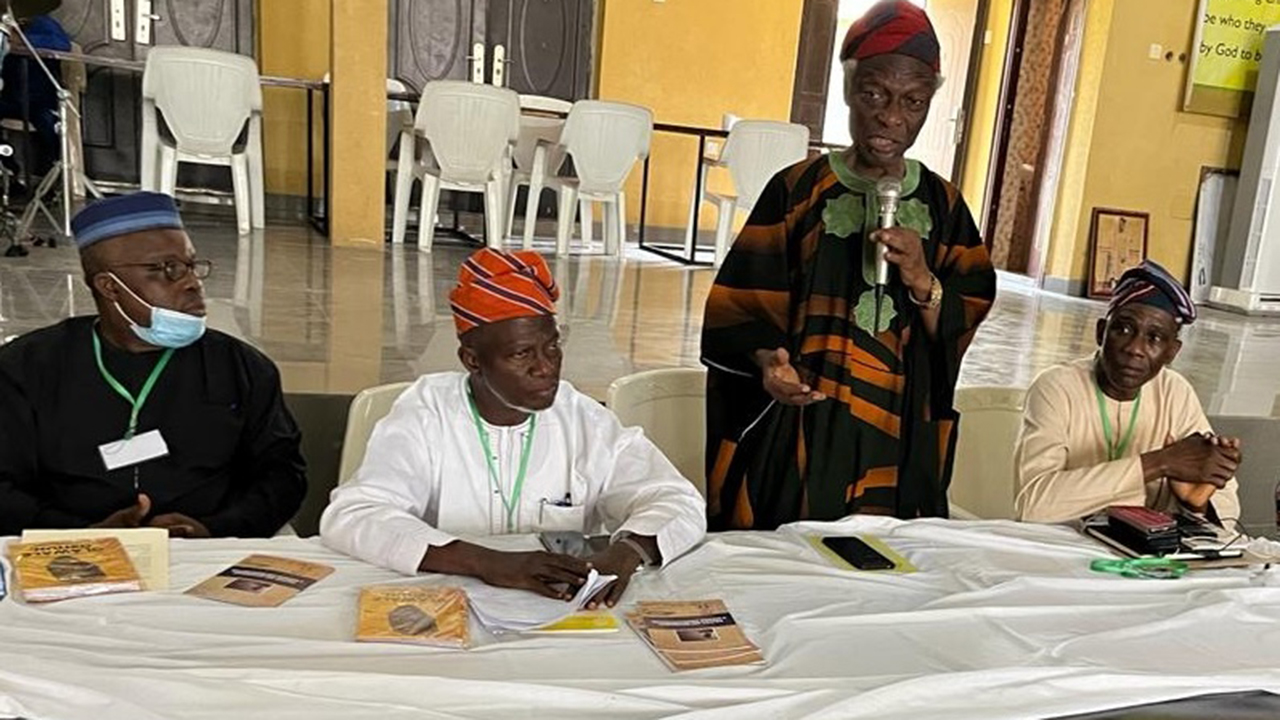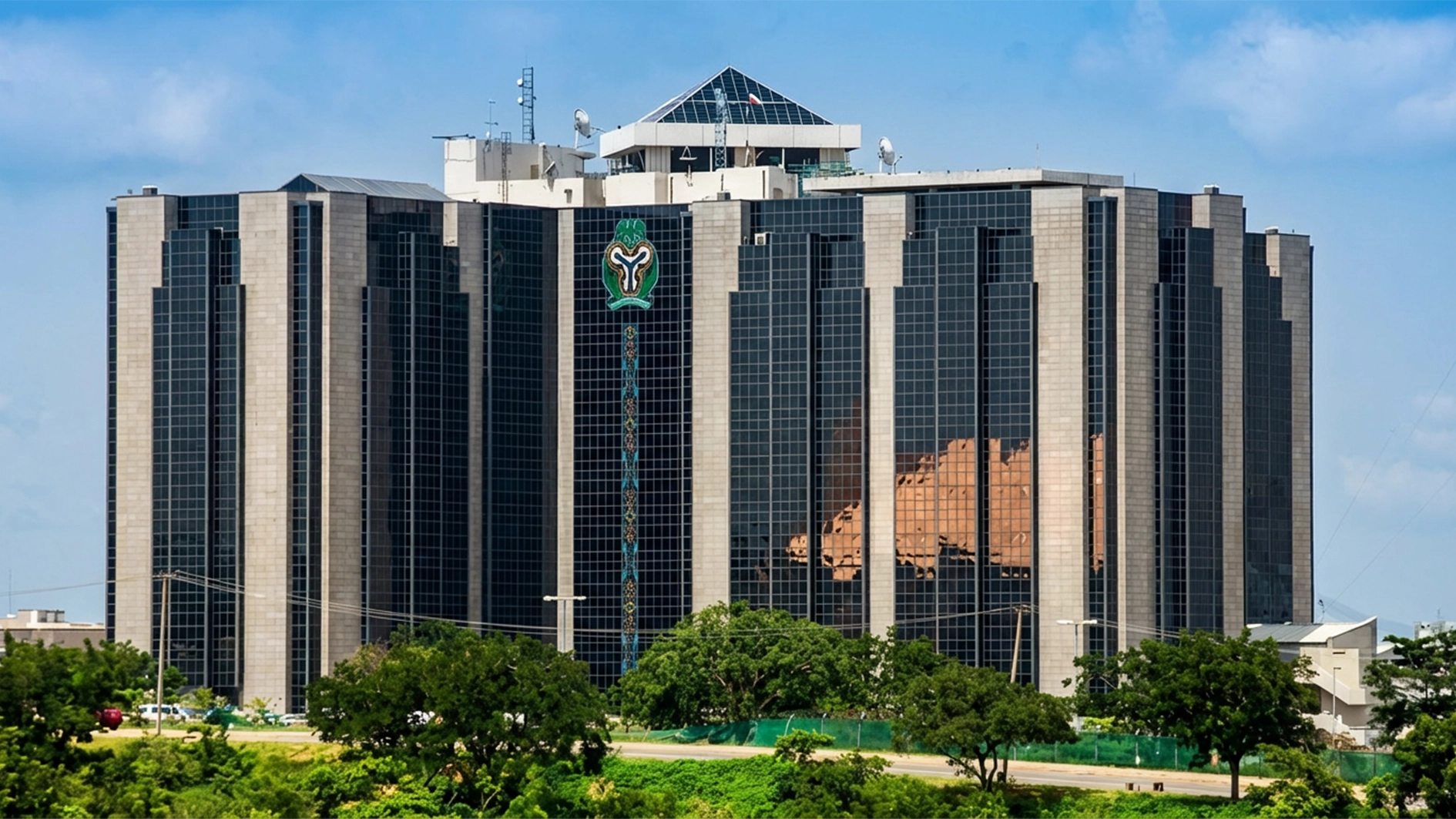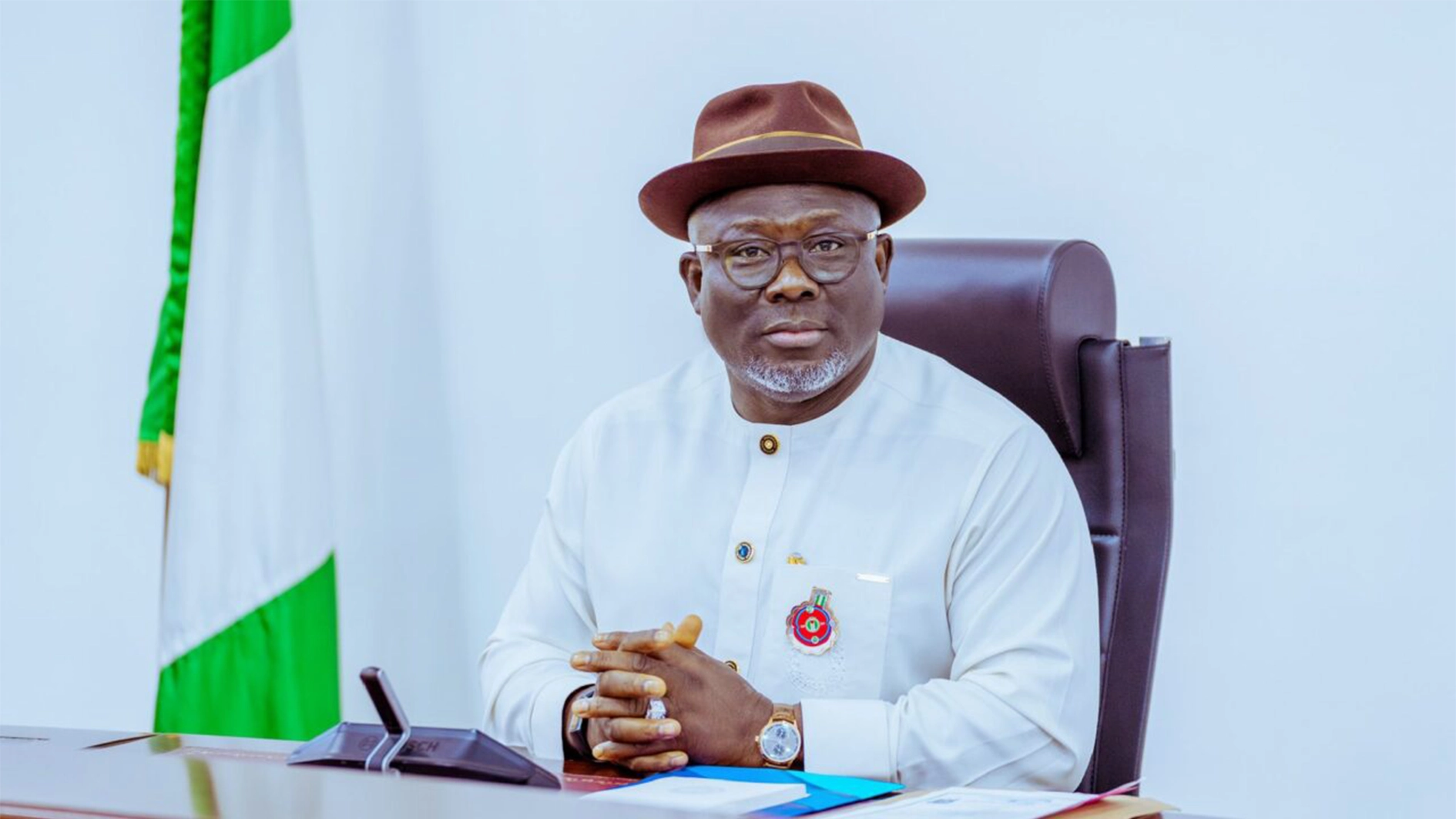
Foundation Marks ARG Chair’s Birthday With Roundtable Discussion
The National Chairman of Afenifere Renewal Group (ARG), Olawale Oshun, has attributed the poor representation in governance and the lopsidedness in the current state of the nation to the faulty presidential system being practiced in Nigeria.
Speaking at a two-day roundtable discussion organised by Wings Bridge Educational Foundation, Iwo, Osun State to mark his 74th birthday, at his Ijebu Mushin country home, in Ijebu North East Local Council, Ogun State, Oshun lamented that the faulty presidential system of government has hindered true participation in the process of governance.
He, therefore, said that for Nigeria to get its rightful position among the comity of nations and do better for its citizens, the current presidential system being practiced must be jettisoned to pave way for parliamentary system of government.
He argued that that Nigeria recorded tremendous achievement during the parliamentary system. He noted that the presidential system being operated today in the country has been corrupted by the military, making the president, governors and other officials superior than others.
Also speaking at the event, the convener of the roundtable discussion, renowned sociologist, Professor Lai Olurode, in his presentation, tagged “Nigeria : A paradox and a Silver Lining” detailed how the country with visionary leaders then galvanize resources to developed each regions, compared to the current situation in the country.
Olurode stated that the foundation deemed it fit to honour Oshun because of his efforts on how to positively change the country’s narrative as well as how to make sure that there is synergy between state and the society.
The former University of Lagos lecturer commended the celebrant for believing in inter party democracy and working for true representation.
Discussions centered on diverse dimensions of governance crisis and their mitigations. Nine scholarly presentations were made by scholars. The presentation addressed various aspects of the Nigerian governance crisis which ranged from agency-structure relationships, attitudinal issues, management of pluralism, quality of representation, state police and security matters, reporting governance crisis and management of sensitive information among others. Solutions were suggested on how to move Nigeria away from the precipice.
At the end of the presentations, the roundtable meeting in a communiqué signed by the convener Olurode and secretary, Professor Dhikrullah Adewale Yagboyaju, resolved as follows:
“That governance crisis exists in Nigeria both at the constitutional level and in the realm of agency. However, there is a silver linen at the end of a dark tunnel. Identifying the islands of those silver lines is the important task before us.
“The general mindset and sentiment are anti government but Nigerians seem to be conceding the benefit of doubt to the current administration which is struggling against daunting odds to return the country to the path of law and order.
“Nigeria runs a centralised policing system despite loads of security challenges. The challenge is not in decentralising the current policing architecture but, in making it to be more responsive and accountable to the people.”
The meeting expressed fears about possible abuses of state police by the governors, most of who are adjudged to be intolerant of dissent.
“The major crisis in Nigeria is both within and outside government. The people produced the government it deserves. Leadership and followership are implicated in the governance crisis.
“Citizens attitude towards resources, political structure and general mindset must change. We must show dignity in our attitude to entrench good governance. It should also be noted that people drive government. It is a case of input and output. Citizens need to invest in government in terms of trust.
“In this age of the new media, we must all interrogate whatever comes out in form of information to deduce the truth and prevent further crisis. As consumers of news, we must not display unbelievable level of ignorance and gullibility.”
The meeting lamented the state of political parties especially, the lack of internal party democracy and the unregulated use of money, which entrenches a money culture at the expense of service, volunteerism and patriotism.
The meeting recalled with nostalgic sentiments, government practices in the first republic where public administration was effective and where leaders were more committed and surrounded themselves with intellectuals.
“The knowledge domain was not alienated in public service. Hardly can there be good governance without functional elite institutions. Therefore, elite institutions should take up the challenges for the betterment of Nigeria by building elite consensus and ward off, by social action, elite greed.”
The meeting concluded that it may seem to be a popular desire that constitutional reforms are desirable, the issue at stake is that of how to trigger a mindset, at all levels, that is committed to making Nigeria a functional state through ethical governance.
“Nigerians need to believe that their country can work again and the task is not just for the elite in government but a collective task for all. A national society can only be put in place by patriotic deeds. Pockets of island of Silver Lining need to be multiplied and normalised.”
The two-day event was attended by intellectuals drawn from universities of Ibadan, Lagos and Oye Ekiti, friends and associates of the celebrant, some non-governmental organisations including Muslims and Christian groups, representatives of private and public schools, members of political parties and the media.
Among dignitaries at the event were the renowned Professor of Sociology, Prof. Lai Olurode; Prof. Dhikrullah Adewale Yagboyaju of University of Ibadan; Prof Azeez Olaniyan of Federal University, Oye Ekiti; and Weekend Editor of The Guardian, Dr. Kabir Alabi Garba among others.






